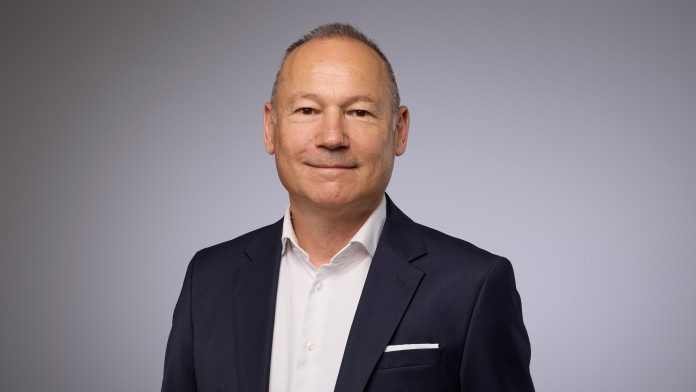Press Release from 2022-05-10 / Group, KfW Research
VC market sentiment plunges – interest rate reversal and war create high uncertainty
- Despite falling, assessments of the current business situation remain barely in the green, while expectations are now just average
- Economic climate worsens, assessments of fundraising climate and interest rate level have dropped sharply
- Double-digit rise in assessments of entry valuations
Two years after the coronavirus shock, business sentiment in the German venture capital market fell again in the first quarter of 2022. The German Venture Capital Barometer dropped by 35 points to 7.2 balance points. The main reasons were likely the interest rate reversal which has gathered pace, driven by inflation, and the heightened economic uncertainty caused by the war. The indicator for the business situation dropped to 12.8 balance points (-33.0), while the indicator for business expectations fell by 37 points to 1.7 balance points. However, the current trend differs from the pandemic-induced decline in business sentiment in 2020 in two main aspects: First, the decline started from a record-high level and second, it is only around half as steep as it was then.
Assessments of economic conditions, interest rate level, fundraising climate and valuation pressure fell most sharply in the first quarter. Given the escalation of the war in Ukraine, economic sentiment has literally nosedived – indeed much more steeply than after the coronavirus shock two years earlier. As was the case then, however, the economic downturn is likely having less of an impact on most start-ups.
Stronger effects can be expected from the international central banks’ interest rate reversal, which has gathered pace because of the war. This has led to lower tech stock prices, which is also affecting private markets as well and increasing write-down pressure. A positive from the point of view of investors, however, is the fact that entry valuations for new investments are also falling. The corresponding indicator has clearly risen and is the only one with a significant improvement. Rising interest rates also mean that VC as an asset class tends to lose investor money, which makes fundraising more difficult in the long term.
What has hardly changed are the indicators for the level of deal flow, investment appetite and exit opportunities. The sentiment decline may primarily reflect the shock over the events, as happened in the pandemic, and remain without effect on actual investment activity in the short term.
“VC market sentiment virtually collapsed in the first quarter of 2022. This surely has something to do with the high rates of inflation and the sharp interest rate reversal announced by international central banks. Another factor is the geopolitical and economic uncertainty unleashed by the escalation of the war in Ukraine”, said Dr Fritzi Köhler-Geib, Chief Economist of KfW. “However, we are coming down from a very high level, and the drop is less steep than the one triggered by the outbreak of the pandemic in the first quarter of 2020. This shows a state of shock over the events which is not yet reflected in broad investment activity. Around EUR 3 billion has already been invested in venture capital in German start-ups in the first three months, more than in the same quarter last year. And without mega-deals, which happen with varying degrees of frequency, we will only be just under the volume of the previous exceptional quarter. Investment activity in the VC market can be expected to remain steady, also because investors are still sitting on a lot of capital. Furthermore, the effect of the war on energy supply could even boost interest in clean and climate technology start-ups.”
“The mood in the business community and capital market has been shaped by the war in Ukraine, a high rate of inflation and the initiated interest rate reversal. The German venture capital market is not immune to this either”, added Ulrike Hinrichs, Managing Director of the German Private Equity and Venture Capital Association (BVK). “How the situation evolves remains to be seen. If the interest rate reversal picks up speed and Europe follows suit, this is likely to put further pressure on the valuations of listed technology companies and thus also on unlisted start-ups. The easing of entry valuations, which have so far been viewed very critically, and the continuing positive assessment of deal flow are pleasing but small comfort in light of the overall situation.”
KfW calculates the German Venture Capital Barometer exclusively for the Handelsblatt business daily together with the German Private Equity and Venture Capital Association (Bundesverband Deutscher Kapitalbeteiligungsgesellschaften – BVK). Detailed analyses with data tables and graphs illustrating the development of the business climate in the venture capital and later-stage segments can be retrieved at www.kfw.de/gpeb.


Share page
To share the content of this page with your network, click on one of the icons below.
Note on data protection: When you share content, your personal data is transferred to the selected network.
Data protection
Alternatively, you can also copy the short link: https://www.kfw.de/s/enkBbm2w.CtDA
Copy link Link copied